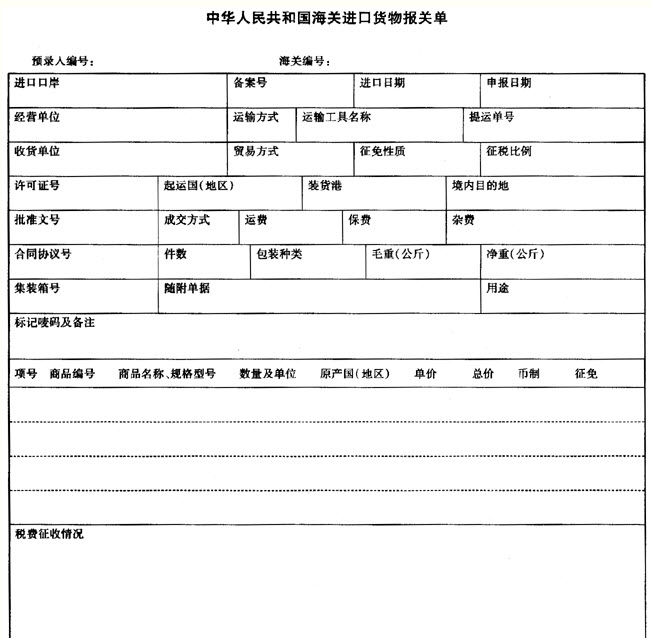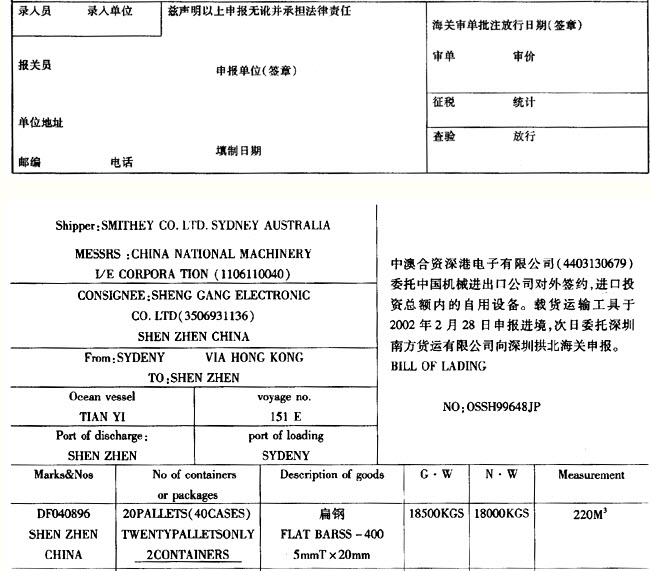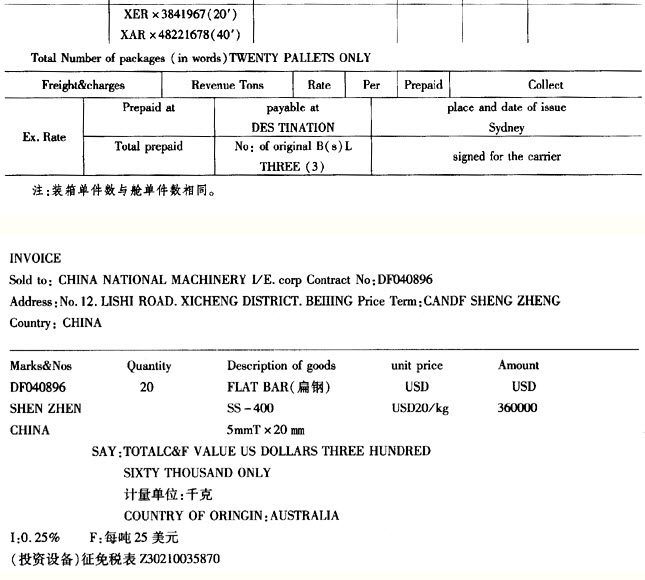问题
阅读理解与欣赏
读语段,完成练习。
贝多芬坐在钢琴前面,弹起盲姑娘刚才弹的那首曲子。盲姑娘听得入了神,一曲弹完,她激动地说:“弹得多纯熟啊!感情多深哪!您,您就是贝多芬先生吧?”
贝多芬没有回答,他问盲姑娘:“您爱听吗?我再给您弹一首吧。”
1.根据语段内容填空。
(1)“多纯熟”是说弹琴的________熟练,“多深”是说把曲子里的________充分表现出来了,这两个词赞美了演奏者________的演奏技巧。
(2)文中的加粗的两个“您”含义不同,第一个表示____________,第二个表示____________。
2.盲姑娘为什么激动?
______________________________________________________________
3.贝多芬为什么愿意为盲姑娘再弹一曲呢?在你认为正确的说法后打上“√”。
(1)因为盲姑娘热爱音乐,又十分懂音乐,是他的知音。( )
(2)因为贝多芬十分同情盲姑娘。( )
(3)因为贝多芬对盲姑娘热爱音乐、求知若渴的心理很理解。( )
(4)因为贝多芬想借机会练习一下,好使旅行演出更成功。( )
答案
1.(1)技能 感情 高超 (2)猜想 肯定
2.因为盲姑娘梦寐以求的愿望变成了现实,即亲耳听见了贝多芬的演奏。
3.(1)√ (2)√ (3)√



